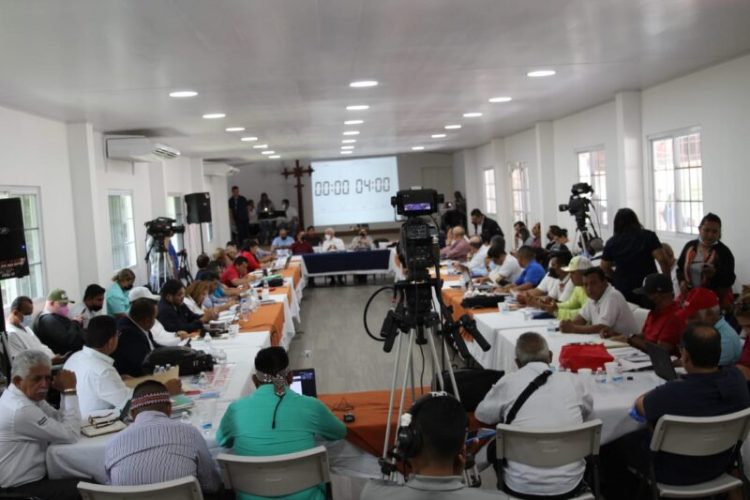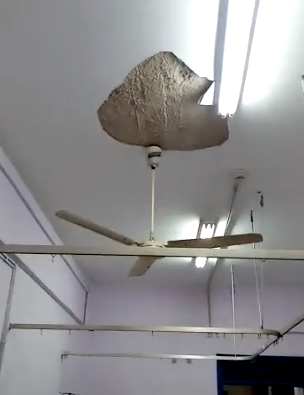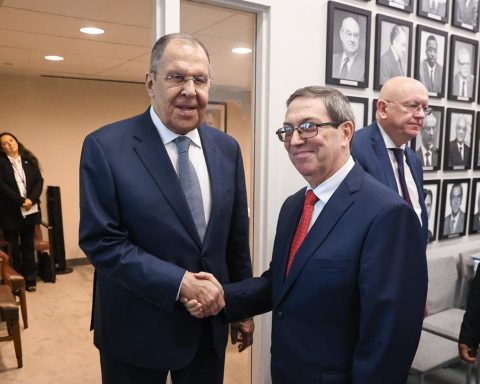The University of Panama has agreed to become a mediator for the second phase of the Dialogue Table, announced the Facilitation Team of the Catholic Church, assuring that they have yet to receive a response from the United Nations Organization (UN).
According to the Church, they are committed to managing to obtain the mediator and the University of Panama, through the Center for Social Dialogue (coordinator) and the Office of the Ombudsman for University Students, has expressed its willingness to assume this responsibility.
The coordinator of the Center for Social Dialogue, Dr. Vasco Torres, and his team, as reported to the Facilitating Team of the Church, will communicate with the social actors and the government to express their willingness to contribute their experience and knowledge to the Second Phase of the Dialogue Table for Panama.
The Church awaits a response from the United Nations Organization, which could also be part of the facilitating team, however it is necessary for the government to formally submit the request to this international entity.
On the other hand, the Episcopal Conference of Panama was asked to also participate as a facilitator, however, the President of the CEP, Monsignor Rafael Valdivieso, said that the Church has the mission of finding ways of reconciliation, for which reason it will continue to accompany the dialogue process. as an observer, as indicated by the Facilitation Team of the Church of the Dialogue Table.
Once the necessary logistics and technical equipment are prepared, the Second Phase of the Dialogue for Panama can formally begin. We encourage the social actors and the Government to continue in the work commissions established in the first phase.
The Facilitation Team reiterates that in this Second Phase the presence of the Church in the dialogue between the government, social movements, producers and businessmen will continue in a pastoral way, and there will not be a presence as a member of a dialogue table or negotiation.
The Church has always participated in the different processes under three aspects, which are “accompany, serve, encourage” to create trust between the parties and to advance in the search for a solution that allows the creation of a framework of coexistence and better conditions of life for all citizens of the country.












